Every day we come across different people. In transport, at work, in a store, on the way home, we meet a lot of people hurrying about their business. Compliance with the rules of conduct allows us to avoid bad situations, which we sometimes witness. There are frequent cases of unpleasant conversations in vehicles or quarrels in the store. A well-educated person knows how to behave correctly and will definitely avoid such situations.
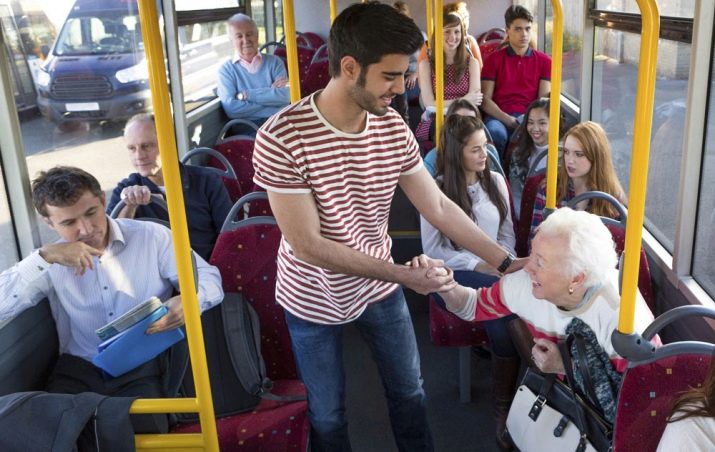
Why do we need rules?
From early childhood, children are told how to behave. From the first days, adults should help the baby become a cultured person, be able to get along with other children in the children's step and at school. Growing up, everyone should remember these rules and follow them. Such norms exist to help anyone avoid embarrassing caseswhich not only spoil the mood, but also leave an unpleasant impression for a long time. How an individual comes out of an unpleasant situation depends on how familiar he is with such a concept as etiquette.
The correctness of our actions largely determines how others around us see us. Society begins to evaluate a person and all his actions.
The right behavior will help to establish contact with new acquaintances, achieve mutual understanding, create a fertile ground for further cooperation.

The purpose of the rules of conduct is to create a comfortable environment for each member of the society, avoiding rudeness, rudeness, and disrespect for individuals. From each individual person, from his ability to behave correctly and comply with generally accepted norms, what kind of society we create depends.
Although we are taught from early childhood the rules of good form and the ability to behave culturally in a public place, judging by the frequent conflicts, some rules of etiquette are not taken into account by individuals. Ethics is a kind of standard of behavior, a system of rules adopted in society.
The most important elements in everyday life should be: the rule of good manners, kindness to others and special attention to them.
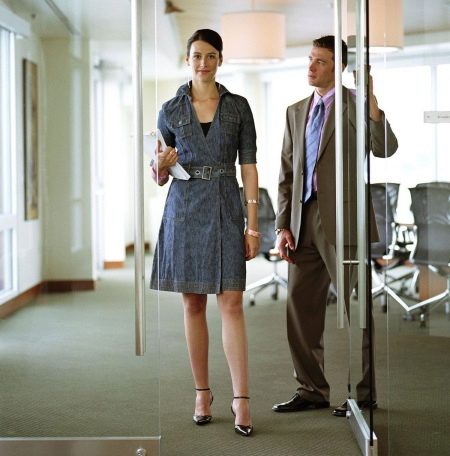
Norms of behavior of children
From birth, a child is confronted with a small number of people - these are parents and relatives, doctors, neighbors. When he gets to kindergarten, he feels insecure if his parents failed to timely impose the rules of good behavior that should be followed in such institutions.
Each person in a new place feels insecure, and in a child this situation can cause stress at all. Gradually accustom the baby to a large number of people, talk about the rules of behavior. Explain what actions are unacceptable for children.
Growing up, the child will already have certain rules in his luggage, know them and try to comply.
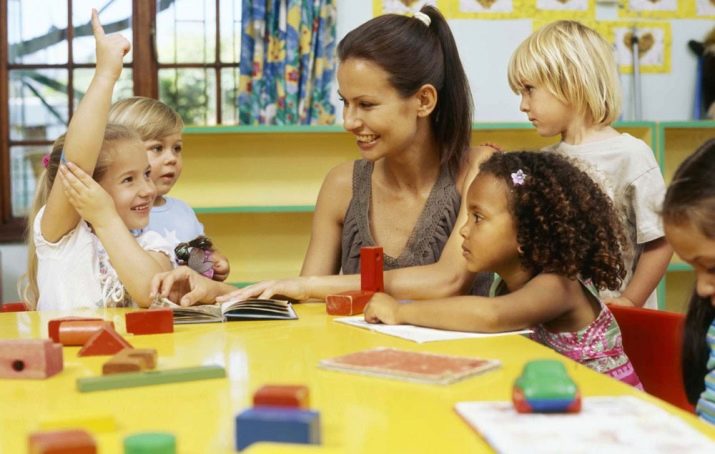
We often watch on the street or in the store how a child begins to behave ugly, arranging tantrums. Young children beg for toys and sweets from their parents. As for adolescents, they can make a loud noise, swear, smoke, behave inappropriately. Such behavior should be unacceptable to minors.
Many of them know that there are norms that need to be adhered to, but not all of them comply. Teenagers should understand that for their non-compliance they can punish parents. From the age of 14 they themselves will be able to answer for the violation of public peace.
Cultural skills should be the basis of life, because a person with a good upbringing is easier to build relationships with others throughout life


There are certain rules that should be followed:
- It is not recommended to scream out loud in a public place.
- You can’t throw garbage out of bins, spit, break trees or bushes.
- It is necessary to follow the rules of the road, cross the road in the prescribed meta.
- You can’t do bad things, you should warn your peers from them.
- Children should not mock and tease other people, as well as insult, spoil property or clothing of their peers.
- You can not offend the little ones.
- The elderly must be respected.

These are just basic requirements for students. Schoolchildren know that they are prohibited:
- The use of alcoholic beverages.
- Gamble cards.
- Swear obscene words.
- Climb into the cellars, on the roofs.
- To commit hooligan acts, for example, throw stones.
Judging by the fact that such actions can be met quite often, these children were not sufficiently taught how to behave in a public place.
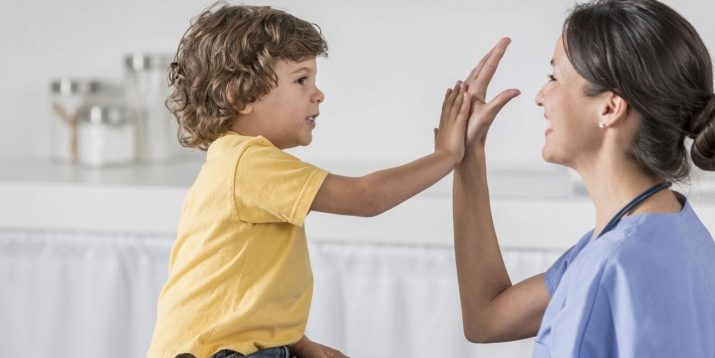
Adults are required to teach the child how to act in places, where there are many people, so as not to disturb peace. It is necessary to make it clear to the baby that educated people will not scream and make noise, throw pieces of candy from the paper on the floor, whistle and spit.
When the baby gets to a new place, he must understand how to behave and what to do. For example, tell your child that you cannot tease animals, throw stones, climb grids, scream and spit loudly at the zoo. So, a young visitor will not only scare animals, but will also interfere with those who come to the zoo and endanger themselves.
When attending a circus or a movie, the child must observe the correct manners. Explain why they don’t eat during the performance, while they bring popcorn with drinks to the circus. When visiting a museum, children should carefully listen to what the guide tells, and also not touch the exhibits and display cases.
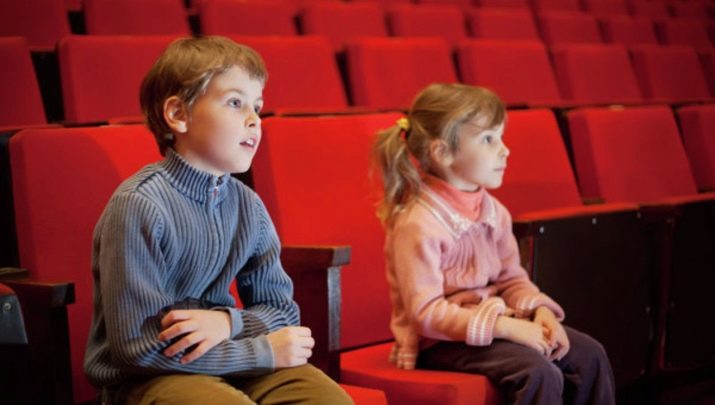
Children should pay particular attention to their behavior in transport. Explain to your child that:
- The first women and older people come in, then the children come in.
- Passing through the cabin, the elbows should be pressed, they should not push passengers.
- You need to pay the fare on time.
- Loud music interferes, so it is made quieter or turned off.
- You can not make inscriptions on the seats, spoil property, throw garbage.
- Do not make noise, scream, or distract the driver while driving
- If the child has not eaten the purchased hot dog or pie, it should be put in a bag and eat after disembarking from the transport, otherwise you can stain passengers. Use napkins while eating, eat carefully, do not champ.
- The child should always have a handkerchief with him and use it when necessary. When sneezing or coughing, you should always close your mouth, use napkins or a scarf.
- Also explain to the child that it is necessary to monitor your appearance and when leaving the street to be clean and neatly dressed, combed.
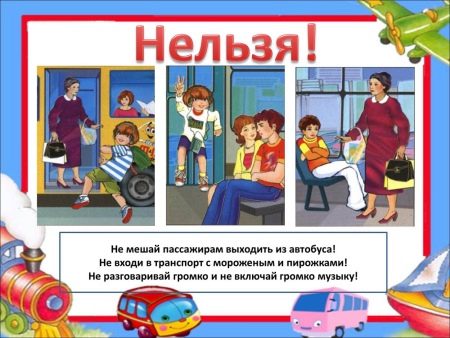
From early childhood, children begin to teach courtesy. For such training, your daily example is best. Do not forget to say polite words at home when parents or relatives constantly use the words “thank you”, “please”, “bon appetit”, “good morning”, “good night” and so on, the child starts to pronounce them and learns first courtesy rules.
Do not forget to teach your baby the important rules of behavior:
- Opening the door should knock.
- Do not interrupt the conversation of elders.
- Do not ignore, walk away or turn away.
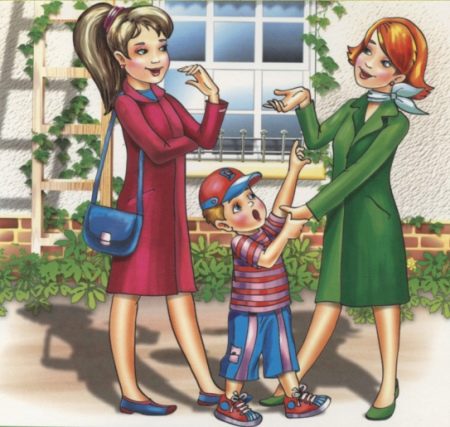
The child needs to instill cultural behavior at the table. Children copy their parents. If in a family adults do not always behave correctly, then young households begin to repeat their actions. Teach your child how to behave at the table and tell me what you can not do while eating.
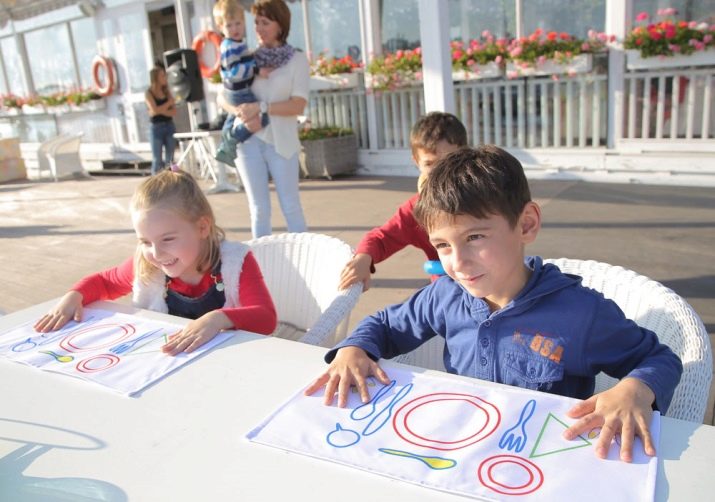
To make the child more understandable (and for a greater effect), hang over the dining table pictures with rules on how to eat, what should not be done. So, in a playful way it will be easier to teach your baby important rules of conduct and etiquette at the table.
The child must firmly know that:
- Be sure to wash your hands with soap before eating.
- You need to be able to wipe yourself with paper towels.
- You need to take enough food.
- Be able to use the devices correctly.
- After a meal always give thanks.

However, the child should explain what should not be done with meals:
- Stuffing a mouthful of food while talking.
- Spit out food.
- To dabble, spin, turn away, act up.
The child must know how to sit neatly and correctly at the table. Put him in a comfortable chair so that he can easily eat on his own without pouring soup onto his clothes.

I especially want to draw the attention of parents to the fact that you should teach your baby not to champ at the tablethat adults do sometimes. Start raising a child with yourself. The kid watches his parents behave themselves in society. If he sees that they are loudly cursing, spitting past ballot boxes, throwing papers and being rude in the store, then this is hardly a worthy role model.
As you grow up, your child falls into the company of peers who will have a certain influence on him. Show him that bad behavior looks bad from the side, and also explain why other people condemn bad actions and how it can affect their future.
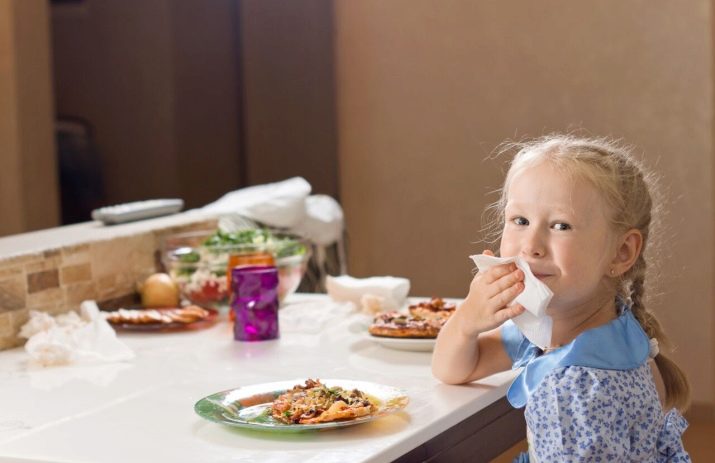
The established order for adults
Adults must also adhere to the rules of behavior not only on the street, but also in the family. A lot depends on how adults can behave properly in public places. Using the rules of cultural communication, you can establish new contacts at the workplace and at home.
Outside
Leaving home, we are faced with a lot of people. On the street, in transport, shops, adults should behave in such a way as not to cause inconvenience to others and adhere to certain requirements:
- Take care of clean and comfortable clothes and shoes in advance for a walk.Hair should be clean, neatly styled.
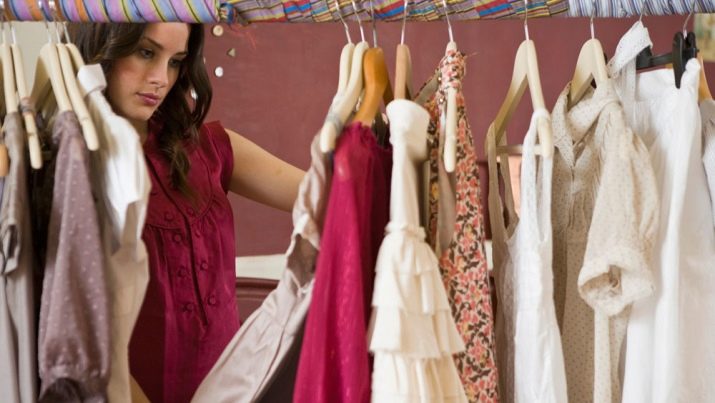
- Crossing the street, carefully look around or follow a traffic signal. Never run across in front of machines or in unspecified places. Also, you can not walk on the lawn.
- When moving, do not wave your arms, do not keep your hands in your pockets, do not slouch, look forward, but do not forget to look under your feet. If you want to have a bite, you can buy a roll or a pie, step aside and eat some food. Do not chew on the go - it's ugly. In addition, you can stain clothes for yourself and nearby people.
- Do not throw garbage, napkins, and cigarette butts onto the road. If there is no urn nearby, temporarily put the trash in your pocket. For smokers, there are corners where they can smoke. No smoking in public areas.
While walking, you should not push people as well as advance, pushing your elbows. Pass and overtake passers-by should be on the right.

If several people are walking along the sidewalk, there are certain rules:
- Do not follow the crowd along the street, disturbing passers-by. Allowed 3 people walking nearby.
- If there is a man with a woman, the lady should go on the right. The exception is the military - they should be honored.
- If two men go with a woman, the lady goes in the middle.
- If there are two ladies and a man, an older woman is next to him, then younger in age.
- If the ladies are the same age, the gentleman goes between them.
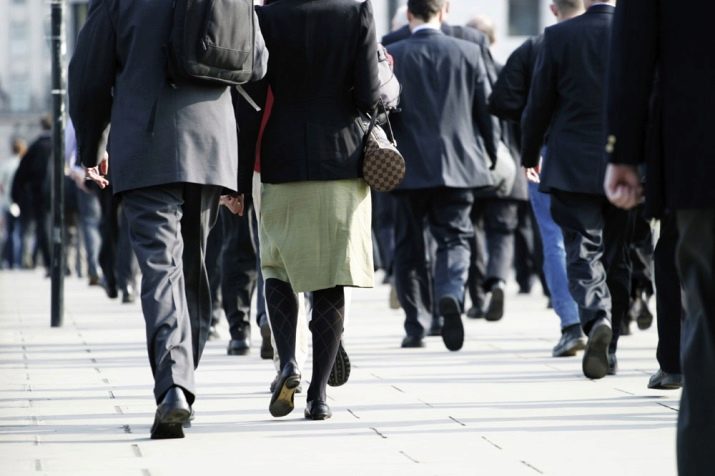
In transport
A trip in public transport requires the implementation of certain rules:
- When entering public transport, remove bulky bags and backpacks so as not to hit other passengers.
- You should not occupy more than one place in transport, with legs wide apart.
- If you are asked a question, you should listen carefully and answer it.
- Do not forget the magic words: “thank you”, “please” - be friendly. If you accidentally hit a passenger, you should immediately apologize. Often in transport, you can observe such situations when someone stepped on a foot or pushed. It’s very unpleasant when the scandal begins, but it was enough just to politely apologize.
- If you eat with young children, make sure that they do not make noise, do not interfere with neighbors, do not scream. Make a quiet comment to them, and at home discuss this issue with them.
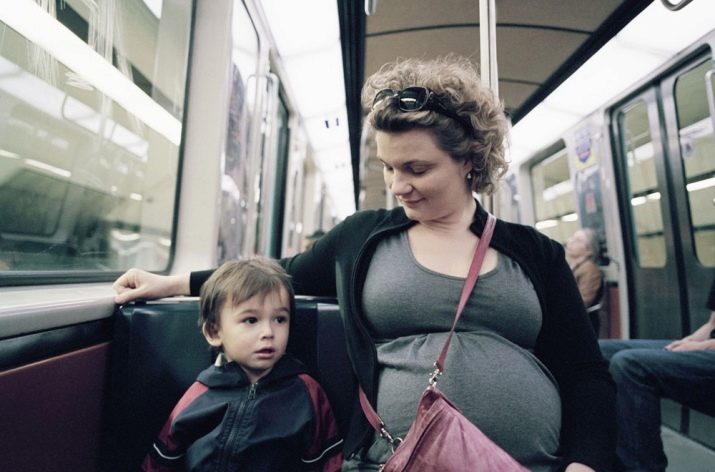
- Be sure to pay for the fare, present travel or other documents without indignation, because the controller simply does his job.
- Coming out of transport, the first man to leave is giving a hand to a lady. Young people offer assistance to elderly strangers, people with disabilities.
- Going down the stairs, the man should go first, and the woman going up.
- If you are in an unfamiliar place or on the steps there is no light, the man should go first.
- If you go up in the elevator without a man, press the button yourself, if it is his duty with a man.
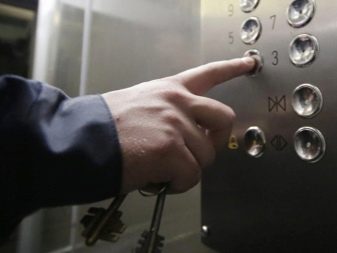

Public Behavior Culture
When entering the store, in front of the door you should let people go out, then enter yourself. Be correct with sellers, prepare money on time, do not distract the cashier.
If you are going to a movie or theater, etiquette rules will help here:
- Come in time for the start of the session or performance.
- Going to your place, turn to face the audience.
- Do not spin, do not swing in different directions.
- Do not talk, do not whisper.
- Disconnect mobile phones

Memo of Violations
Many people know how to behave properly on the street or in transport. But people do not always know how to act when they come to a museum, theater, cinema. There are general rules of conduct for this:
- During the performance, you can’t talk on the phone or with neighbors, bang your feet, tap your fingers, whisper or shout loud phrases or words.
- Do not lean on the back of the front seat with your hands or feet. Do not come to an event with a fever, a runny nose. You will not only interfere with those present, but you can infect them.
- In the theater, do not view the audience through binoculars, do not inspect them during intermission. If a man came to the theater with a lady, she should not be left alone. Take care of her, bring her drinks and sweets from the cupboard (at her request).
- If you do not like the performance, quietly (without discussion) stay until its completion. Do not leave the hall until the end of the performance, but rather wait for the intermission. When it is finished, wait until the curtain falls, then you should slowly leave.
In more detail about how to behave properly in a theater, cinema or other public place, the following video will tell.










